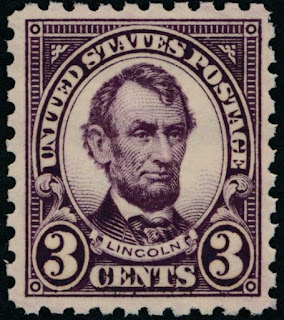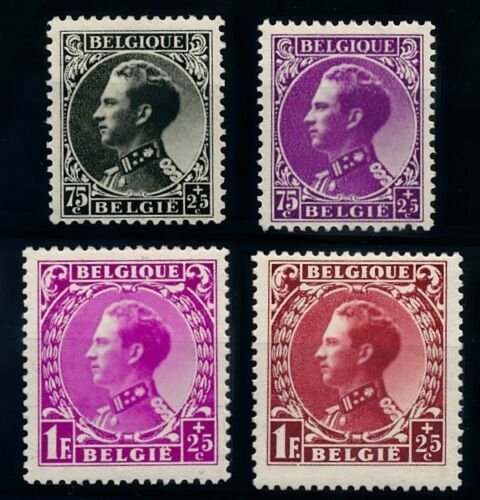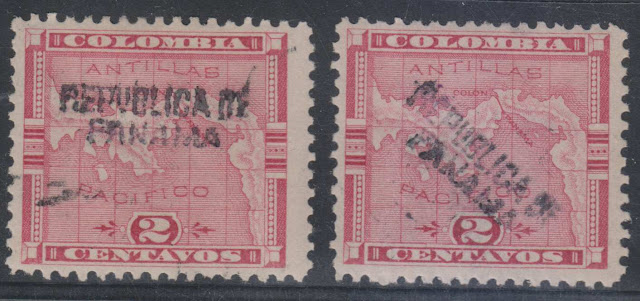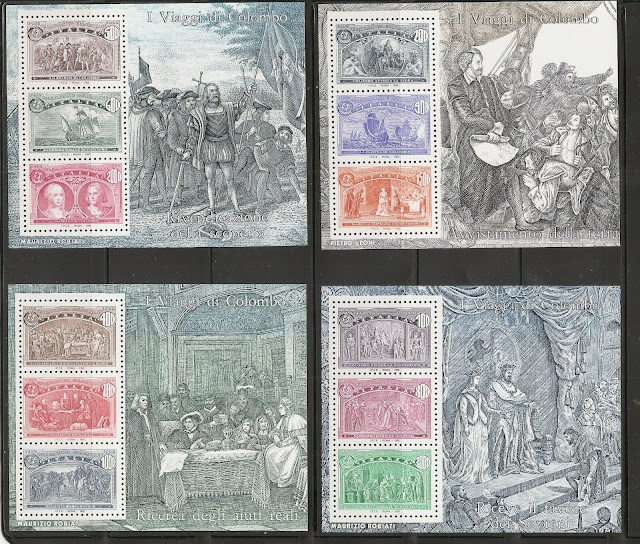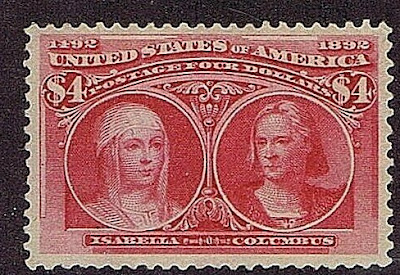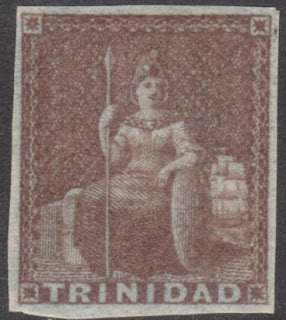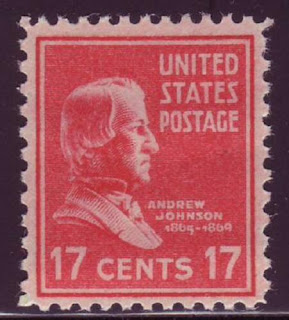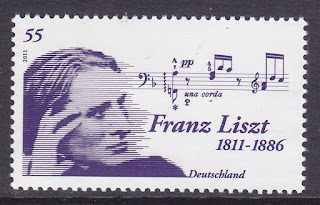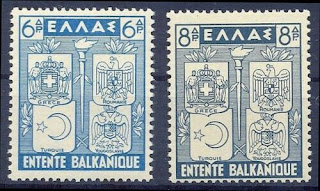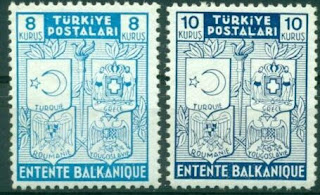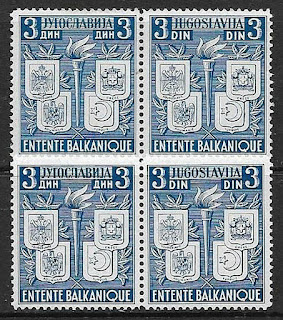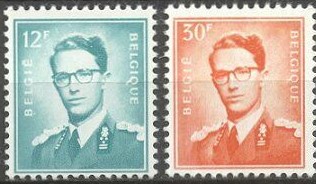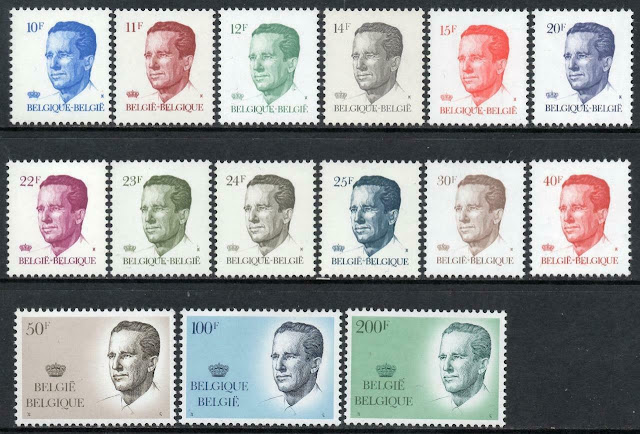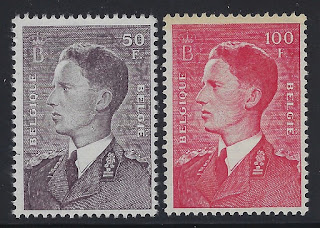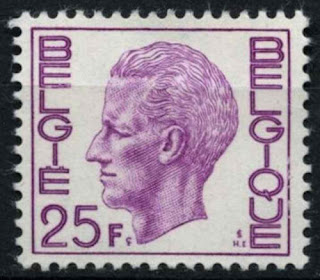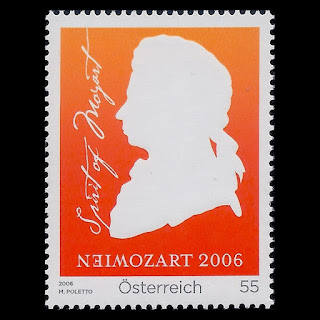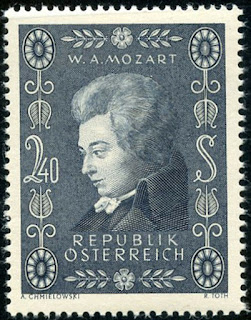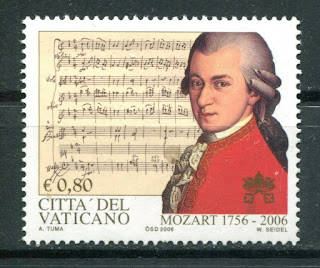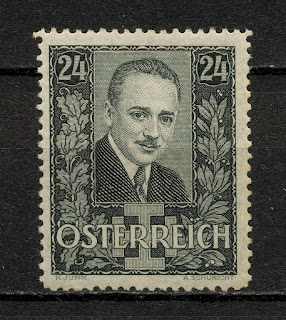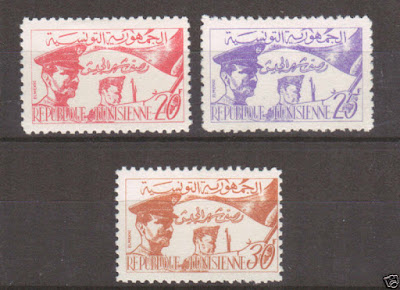1814 Born: Adolphe Sax, Belgian-French instrument designer, invented the saxophone (d. 1894)
Antoine-Joseph "Adolphe" Sax (6 November 1814 – 7 February 1894) was a Belgian inventor and musician who created the saxophone in the early 1840s, patenting it in 1846. He also invented the saxotromba, saxhorn and saxtuba. He played the flute and clarinet.
After leaving the Royal Conservatory of Brussels, Sax began to experiment with new instrument designs, while his parents continued to make conventional instruments to bring in money. Adolphe's first important invention was an improvement of the bass clarinet design, which he patented at the age of 24. Sax relocated permanently to Paris in 1842 and began working on a new set of instruments. Hector Berlioz was so enamoured of them that he arranged in February 1844 for one of his pieces to be played entirely on Sax's new instruments. These were valved bugles, and although he had not invented the instrument itself, his examples were much more successful than those of his rivals and became known as saxhorns. They came in seven different sizes, and paved the way for the creation of the flugelhorn. Today, saxhorns are sometimes used in concert bands, marching bands and orchestras. The saxhorn also laid the groundwork for the modern euphonium.
Sax also developed the saxotromba family, valved brass instruments with narrower bore than the saxhorns, in 1845, though they survived only briefly.
The period around 1840 saw Sax inventing the clarinette-bourdon, an early unsuccessful design of contrabass clarinet. Around this time he also developed the instrument for which he is best known: the saxophone, which he patented on 28 June 1846. The saxophone was invented for use in both orchestras and military bands. By 1846 Sax had designed (on paper at least) a full range of saxophones (from sopranino to subcontrabass).
Belgian stamp depicting Adolphe Sax and a saxophone
1822 Died: Claude Louis Berthollet, French chemist and academic (b. 1748)
Claude Louis Berthollet (9 December 1748 in Talloires, France – 6 November 1822 in Arcueil, France) was a Savoyard-French chemist who became vice president of the French Senate in 1804. He is known for his scientific contributions to theory of chemical equilibria via the mechanism of reverse chemical reactions, and for his contribution to modern chemical nomenclature. On a practical basis, Berthollet was the first to demonstrate the bleaching action of chlorine gas, and was first to develop a solution of sodium hypochlorite as a modern bleaching agent.
French stamp depicting Berthollet
1860 – Abraham Lincoln is elected as the 16th President of United States.
Abraham Lincoln (February 12, 1809 – April 15, 1865) was an American statesman and lawyer who served as the 16th president of the United States from March 1861 until his assassination in April 1865. Lincoln led the nation through the American Civil War, its bloodiest war and its greatest moral, constitutional, and political crisis. He preserved the Union, abolished slavery, strengthened the federal government, and modernized the U.S. economy.
Born in Kentucky, Lincoln grew up on the frontier in a poor family. Self-educated, he became a lawyer, Whig Party leader, Illinois state legislator and Congressman. In 1849, he left government to resume his law practice, but angered by the success of Democrats in opening the prairie lands to slavery, reentered politics in 1854. He became a leader in the new Republican Party and gained national attention in 1858 for debating national Democratic leader Stephen A. Douglas in the 1858 Illinois Senate campaign. He then ran for President in 1860, sweeping the North and winning. Southern pro-slavery elements took his win as proof that the North was rejecting the constitutional rights of Southern states to practice slavery. They began the process of seceding from the union. To secure its independence, the new Confederate States of America fired on Fort Sumter, one of the few U.S. forts in the South. Lincoln called up volunteers and militia to suppress the rebellion and restore the Union.
As the leader of the moderate faction of the Republican Party, Lincoln confronted Radical Republicans, who demanded harsher treatment of the South; War Democrats, who rallied a large faction of former opponents into his camp; anti-war Democrats (called Copperheads), who despised him; and irreconcilable secessionists, who plotted his assassination. Lincoln fought the factions by pitting them against each other, by carefully distributing political patronage, and by appealing to the American people. His Gettysburg Address became an iconic call for nationalism, republicanism, equal rights, liberty, and democracy. He suspended habeas corpus, and he averted British intervention by defusing the Trent Affair. Lincoln closely supervised the war effort, including the selection of generals and the naval blockade that shut down the South's trade. As the war progressed, he maneuvered to end slavery, issuing the Emancipation Proclamation of 1863; ordering the Army to protect escaped slaves, encouraging border states to outlaw slavery, and pushing through Congress the Thirteenth Amendment to the United States Constitution, which outlawed slavery across the country.
Lincoln managed his own re-election campaign. He sought to reconcile his damaged nation by avoiding retribution against the secessionists. A few days after the Battle of Appomattox Court House, he was shot by John Wilkes Booth, an actor and Confederate sympathizer, on April 14, 1865, and died the following day. Abraham Lincoln is remembered as the United States' martyr hero. He is consistently ranked both by scholars and the public as among the greatest U.S. presidents.
US stamps and a First Day Cover depicting Abraham Lincoln
1893 Died: Pyotr Ilyich Tchaikovsky, Russian composer and critic (b. 1840)
Pyotr Ilyich Tchaikovsky (7 May 1840 – 6 November 1893) was a Russian composer of the romantic period, whose works are among the most popular music in the classical repertoire. He was the first Russian composer whose music made a lasting impression internationally, bolstered by his appearances as a guest conductor in Europe and the United States. He was honored in 1884 by Emperor Alexander III, and awarded a lifetime pension.
Despite his many popular successes, Tchaikovsky's life was punctuated by personal crises and depression. Contributory factors included his early separation from his mother for boarding school followed by his mother's early death, the death of his close friend and colleague Nikolai Rubinstein, and the collapse of the one enduring relationship of his adult life, which was his 13-year association with the wealthy widow Nadezhda von Meck who was his patron even though they never actually met each other. Tchaikovsky's sudden death at the age of 53 is generally ascribed to cholera; there is an ongoing debate as to whether cholera was indeed the cause of death, and whether his death was accidental or self-inflicted.
While his music has remained popular among audiences, critical opinions were initially mixed. Some Russians did not feel it was sufficiently representative of native musical values and expressed suspicion that Europeans accepted the music for its Western elements. In an apparent reinforcement of the latter claim, some Europeans lauded Tchaikovsky for offering music more substantive than base exoticism and said he transcended stereotypes of Russian classical music. Others dismissed Tchaikovsky's music as "lacking in elevated thought", according to longtime New York Times music critic Harold C. Schonberg, and derided its formal workings as deficient because they did not stringently follow Western principles.




